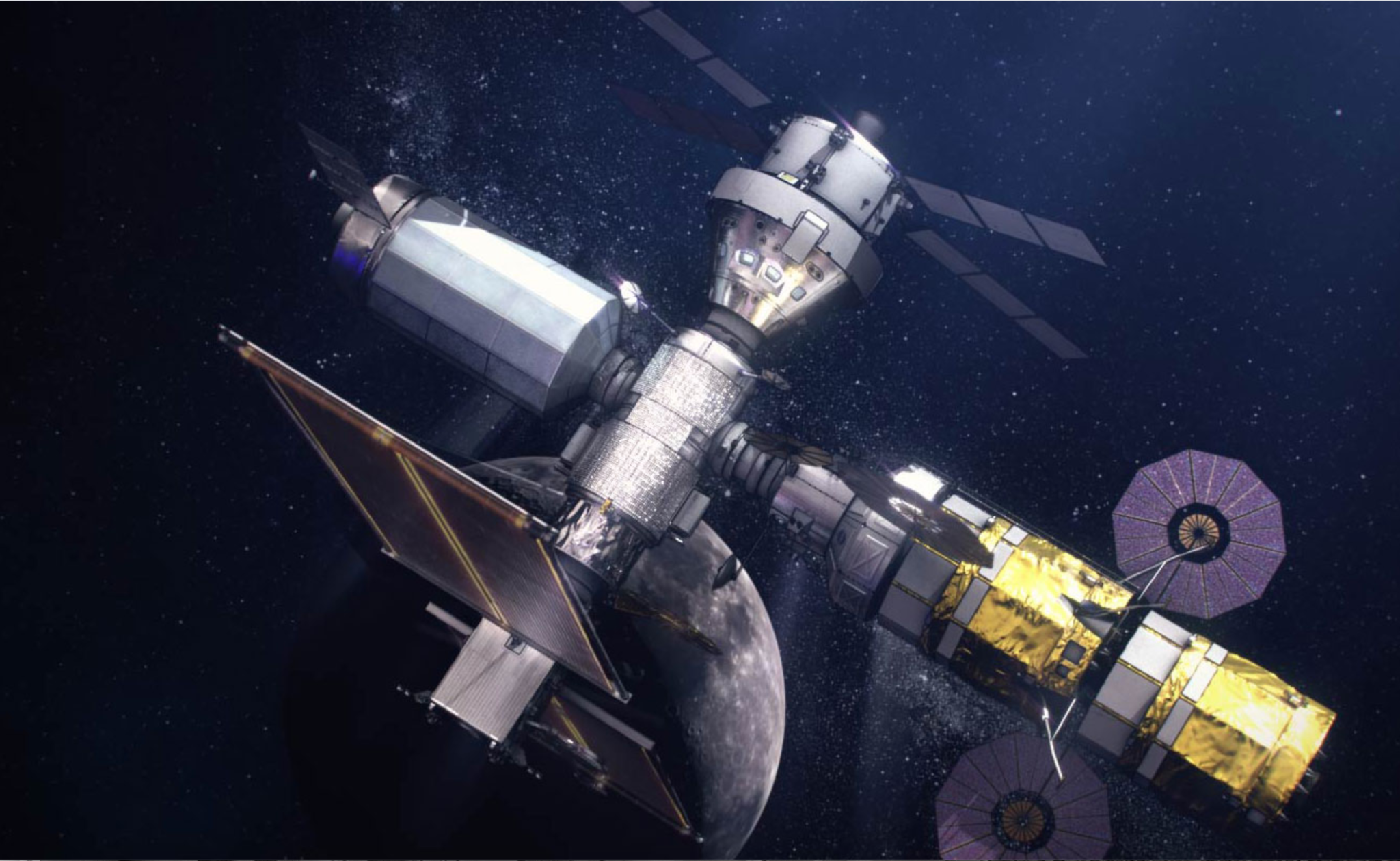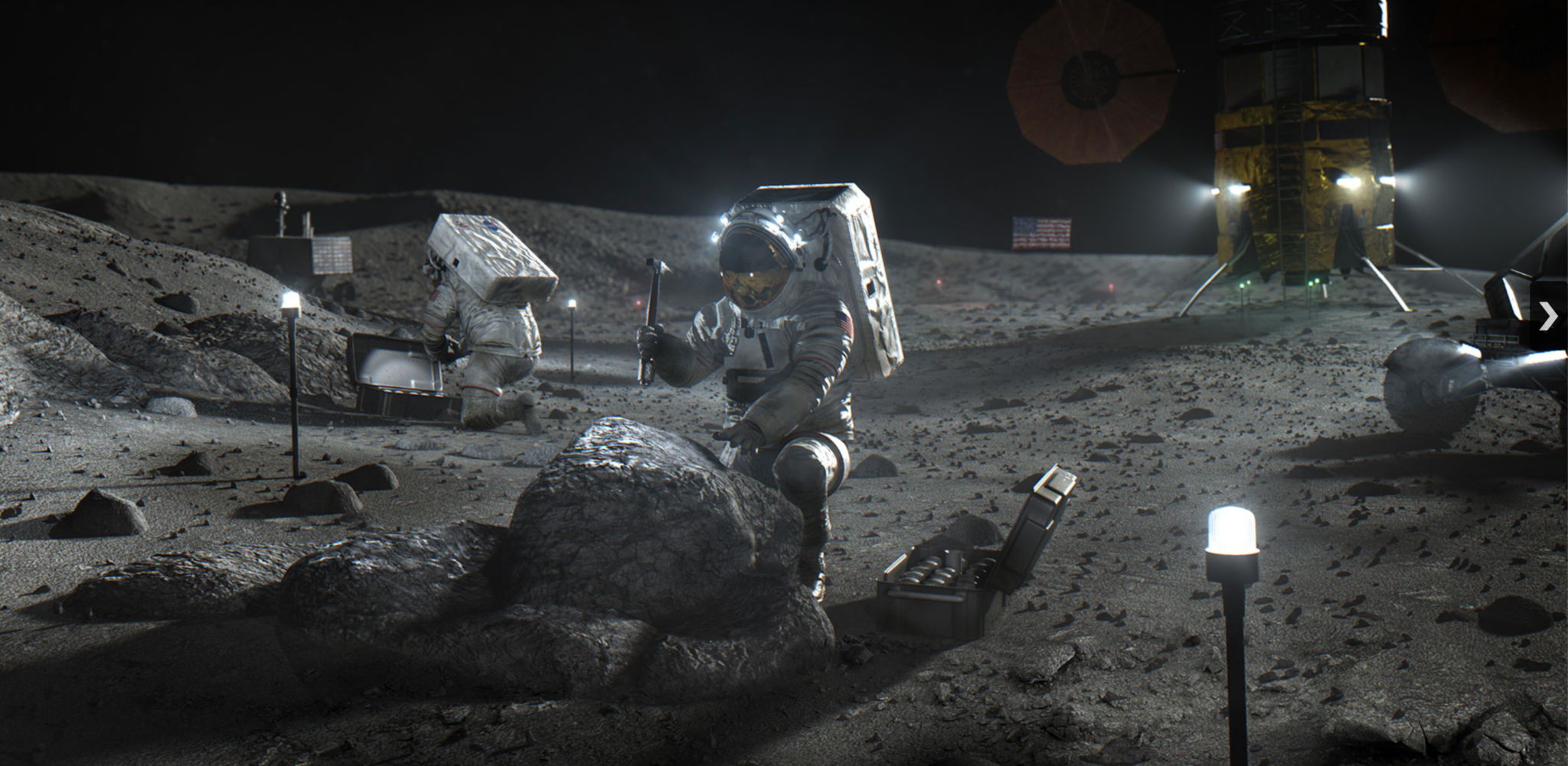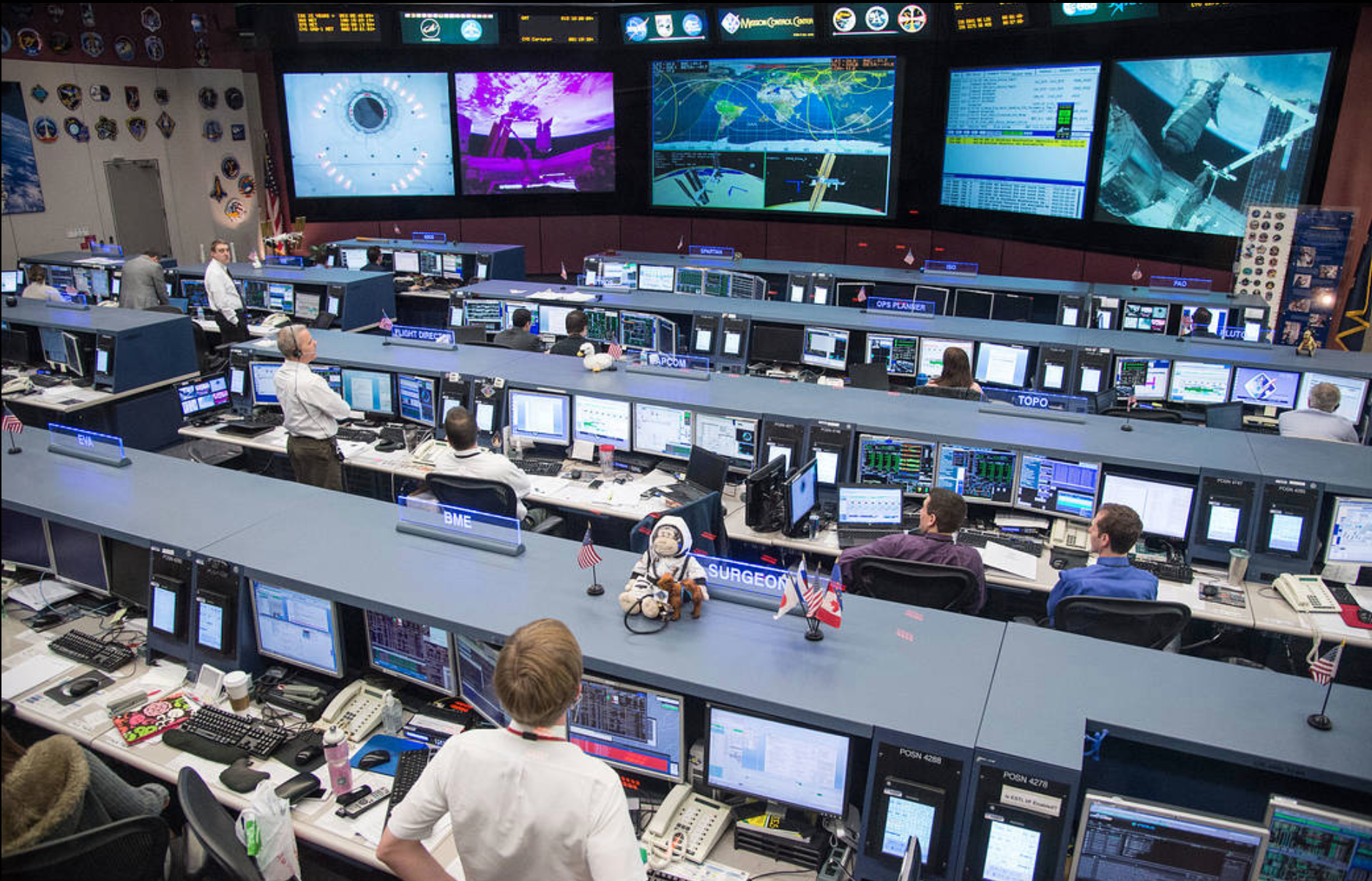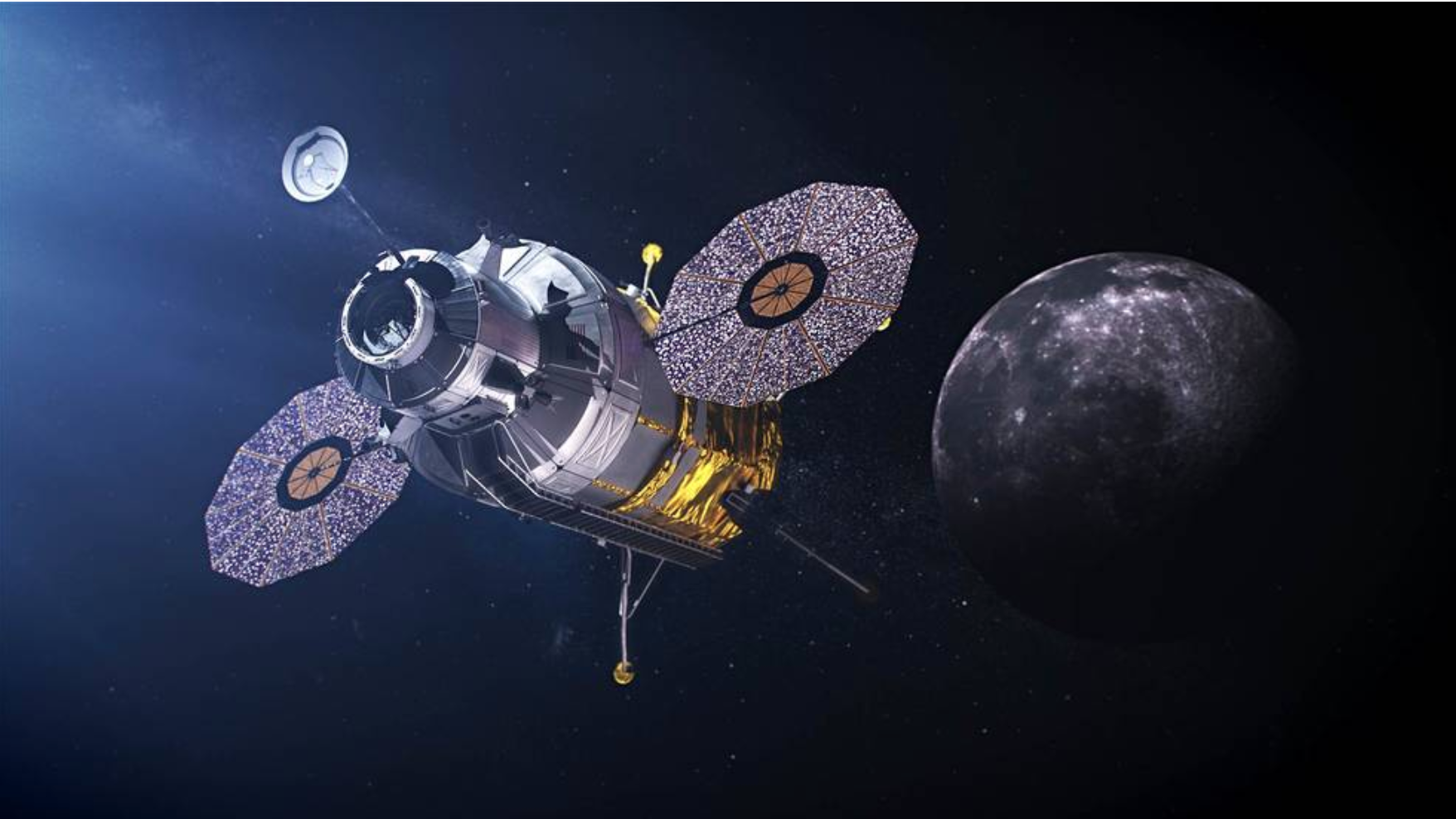PRE-MED/PRE-HEALTH
Human Spaceflight Factors & Medical Risk Assessment: IDPT 8059
- Jay Lemery, MD FACEP FAWMDana Levin, MD MPH
- Physical Challenge Rating (On Scale Of 1-5)
Space Medicine: Human Spaceflight Factors & Medical Risk Assessment
IDPT 8059 – Space Medicine
University of Colorado School of Medicine
The University of Colorado School of Medicine, in partnership with NASA’s Human Research Program, Exploration Medical Capability Element, is proud to announce three medical student electives for 2021. As human spaceflight continues to expand to both commercial crews and to a more permanent, sustainable human presence on the moon and Mars, it’s imperative to design spacecraft and plan missions with a nuanced, evidence-based approach to medical risk.
This is where you come in. NASA has tasked the University of Colorado to bring together the best and brightest medical students to do a deep dive on medical risks during exploration class missions. The research we will undertake will directly populate the risk assessments that NASA needs to plan the next generation spacecraft and the missions for the next decade.
This course will focus on the evidence based medicine processes to quantify the medical risk of both common and space-specific conditions, as well as include a longitudinal didactic curriculum on space medicine 101, taught by NASA physicians based at the Johnson Space Center in Houston.
OVERVIEW
Many of us have gone into medicine with an aspiration to change the world? Fewer have considered changing other worlds. If you have the right stuff, consider applying to one of the most dynamic and exciting electives offered this year. You will not only learn core space medicine principles taught by NASA physicians, but also expand your knowledge of human pathophysiology, earth science, remote medical support, and best practice evidence-based medicine skills.
DUE TO THE COVID PANDEMIC, THIS COURSE WILL BE CONDUCTED REMOTELY ON-LINE
The curriculum is designed to meet most 4th year medical student research elective requirements. Visiting students will be formally enrolled into the University of Colorado School of Medicine through the AAMC Visiting Student Application Service (VSAS). They will have full access to the research library.
PRE-REQUISITES: There are no pre-requisites for this course.
REGISTRATION: See course dates below. Registration is through VSAS.
COST: There are no associated costs with this course, other than VSAS registration fees
- Mentored research projects with NASA-affiliated physicians and University of Colorado EBM and Library Science faculty
- Students will research 2-3 clinical conditions, updating a NASA risk assessment database to affect future exploration-class missions for the next decade
- Realistic space medicine scenarios, lectures, and interactive simulations





Space Medicine Portion
Due to the pandemic, we had to cancel our one-week field elective at the Mars Desert Research Station. But the truth is, that immersion space medicine experience for the flight surgeon is one with a headset, behind the console at mission control. Therefore, we’re committed to bringing you a comprehensive and realistic experience to apply your newfound knowledge to realistic space medicine scenarios, lectures, and interactive simulations. We’re filming them right now to be ready to go by February 1st, our scheduled launch date.
Astronaut Health Risk Database Portion
Students will research 2-3 clinical conditions, updating a NASA risk assessment database to affect future exploration-class missions for the next decade. The teaching curriculum will include EBM and Library core concepts and search science didactics. Students will be individually mentored with NASA-affiliated physicians, University of Colorado EBM and Library Science faculty on specific medical condition searches, including incidence, likelihoods for improvement or deterioration, and evidence grading based on a composite rubric.
All students will receive a flight director uniform: i.e. a Lands End’s fleece with the official NASA ExMC (Exploration Medical Capability) logo!
- Orientation, overview, space environment
- Introduction to the space med world, ops/research/admin
- Overview of the space med operational environment and concerns
- Basics of simulation structure
- Spaceflight physiology
- Neuro-physiology
- Cardio-physiology
- Atmosphere and gas physiology (hyper/hypobarics)
- Forces and vibration
- Radiation
- Behavior
- Operations and Analogues
- Training ops
- Analogues
- Experiences
- Accidents, investigation, near misses, and lessons learned
- Design and planning for the future (human factors, medical system design)
- Human factors design
- State of the art point of care testing
- Kit planning and risk assessment
- Environmental & Engineering systems
- Psychological support
- Current human spaceflight research: radiation mitigation, skeletal atrophy, mental health
- Evidence-based Medicine: Medical Risk Research & Assessment
- Mentored research projects with NASA physicians and University of Colorado EBM and Library Science faculty
- Students will research 2-3 clinical conditions, updating a NASA risk assessment database to affect future exploration-class missions for the next decade
- Familiarity with search methodologies of common databases (Dynamed, Up to Date)
- Fundamentals of epidemiology
- Systematic reviews and meta-analysis
- Analytical Epidemiology
